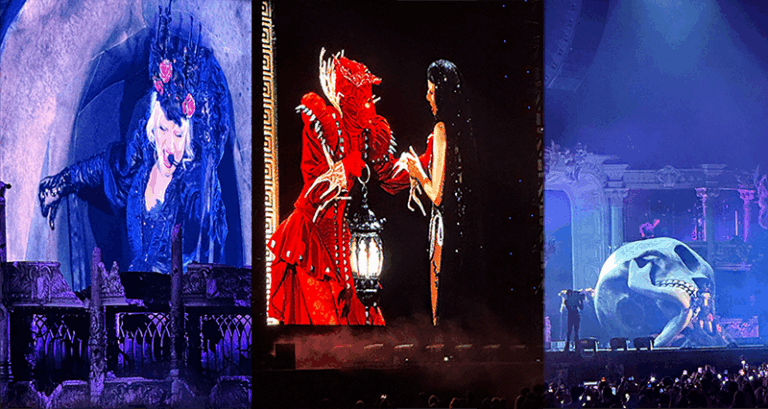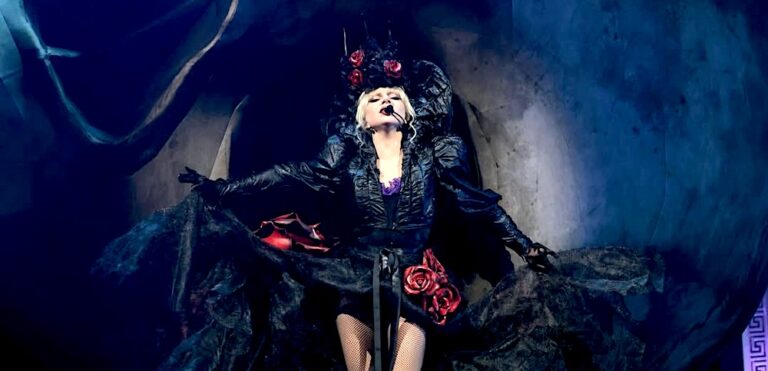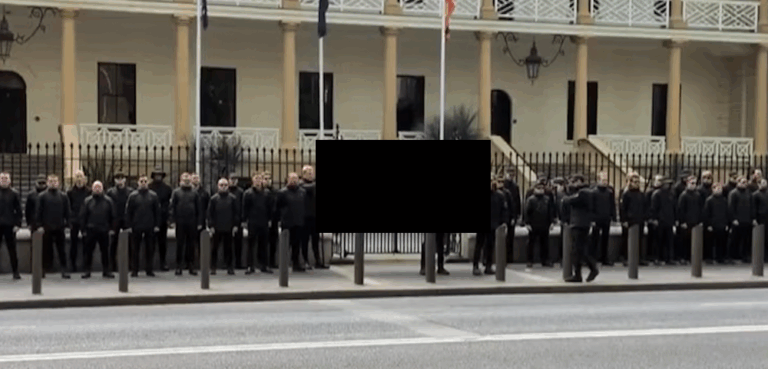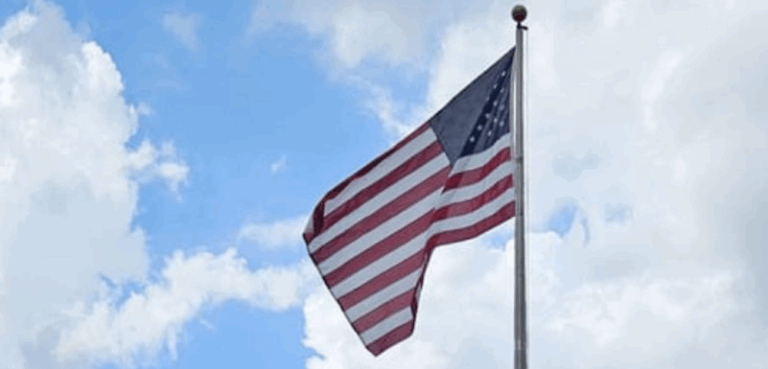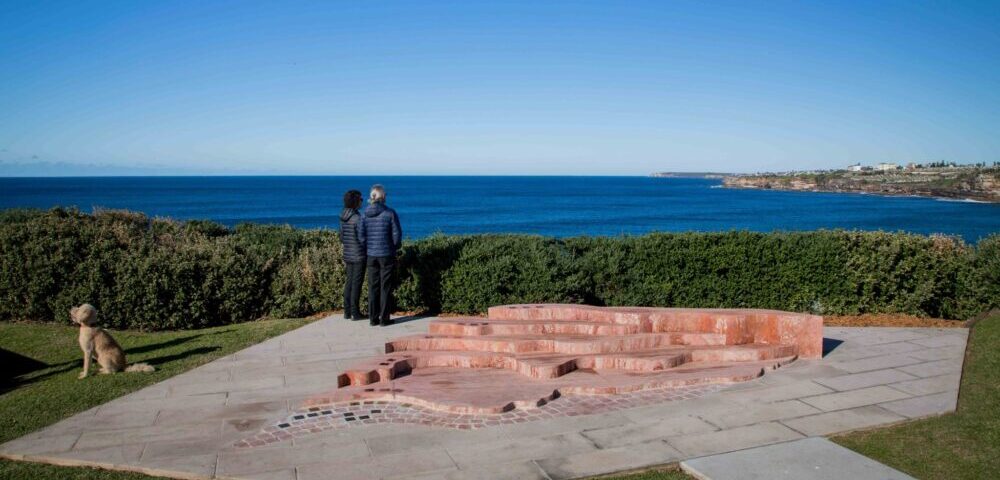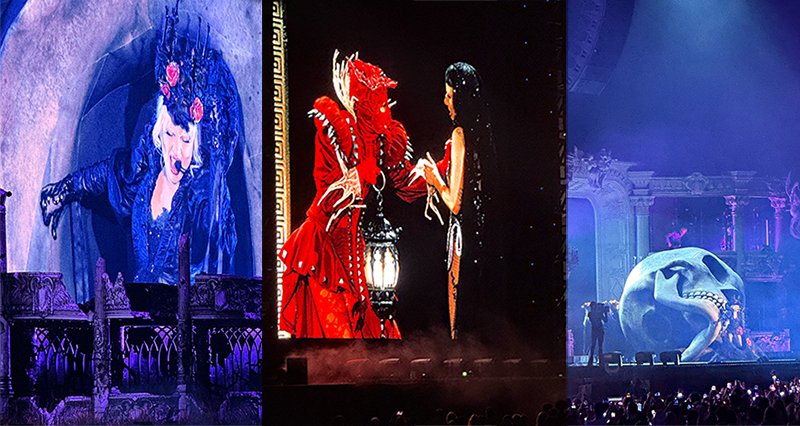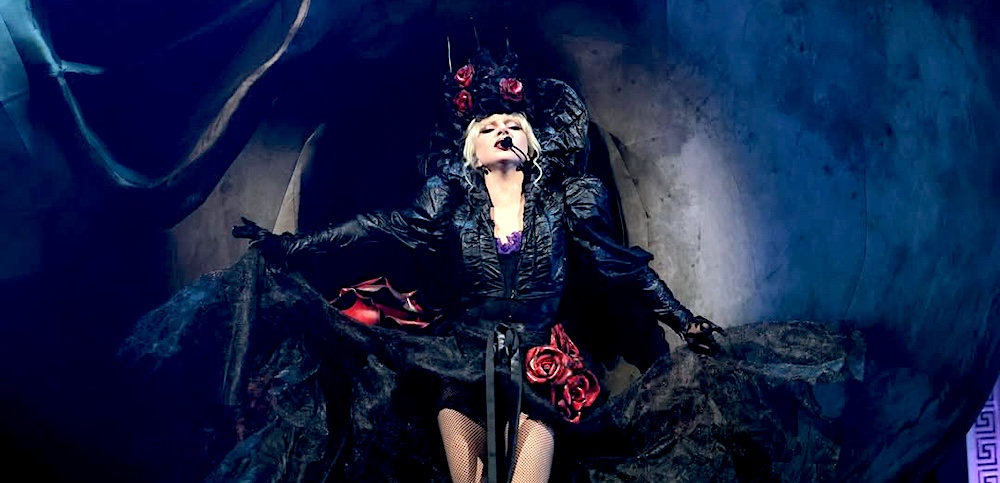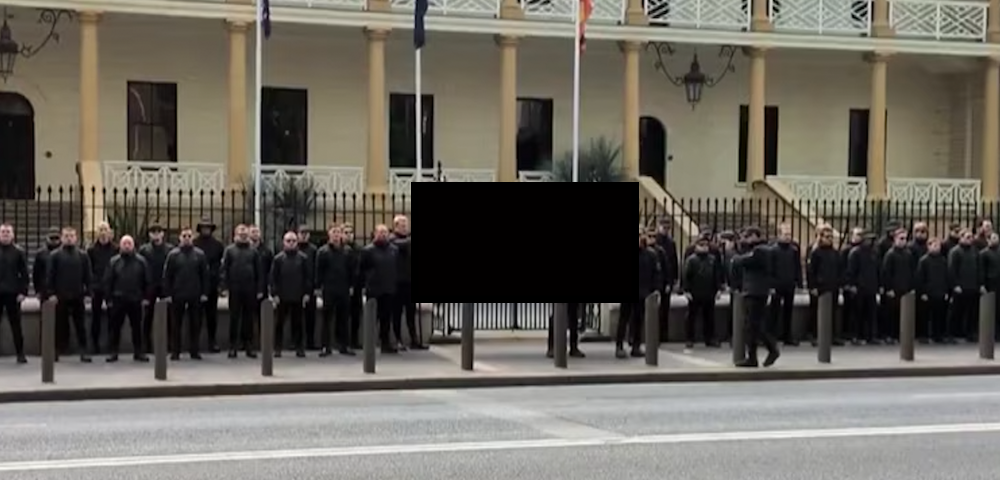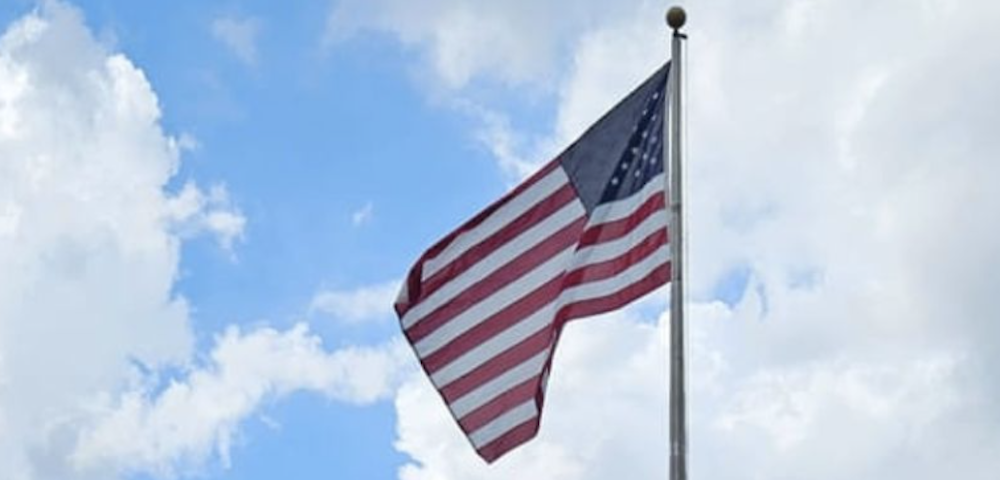
The Danger of Stereotypes
 As a gay Asian man living in Melbourne, I am well aware of negative stereotypes associated with my ‘race’ in the GLBTIQ community. The most common views are: all gay Asian men are sexually passive, emotionally submissive, and only interested in older white men. Derogatory remarks such as ‘visa chasers’, ‘potato queens’ and ‘lotus blossom’ are just some examples in which gay Asian men have been negatively stereotyped.
As a gay Asian man living in Melbourne, I am well aware of negative stereotypes associated with my ‘race’ in the GLBTIQ community. The most common views are: all gay Asian men are sexually passive, emotionally submissive, and only interested in older white men. Derogatory remarks such as ‘visa chasers’, ‘potato queens’ and ‘lotus blossom’ are just some examples in which gay Asian men have been negatively stereotyped.
The persistence of these stereotypes affects both gay white men and gay Asian men. Some white men actively seek Asian men because – apparently – “they don’t talk back”, while others do not consider Asian men to be sexually attractive because – again, apparently – “they are just not masculine enough”. These assumptions exist because, historically and culturally, Asian men have been emasculated to justify white masculinity. In addition, our sexuality has been constructed based on whites’ perception of Asian sexuality (i.e. passive and submissive). As a result, we are often seen as ‘less of a man’ than the white masculinity on the basis of our skin colour.
Unfortunately, the persistence of racial stereotypes can also influence the way we view each other. Some gay Asian men have internalised these negative views, believing that Asians are inferior and whites are superior. This can result in some of us repeating the very same stereotypes that have been used against us, such as viewing other Asian men as sexually submissive. In addition, some Asian men avoid socialising with other Asian men because they do not want to be seen as ‘stereotypical lotus blossom’. These are just some of the damaging effects of negative stereotypes on our community: it can make us turn against each other instead of supporting one another.
It can take years to deconstruct negativity associated with our racial and cultural backgrounds. However, building racial and ethnic pride is important if we are to challenge negative stereotypes against gay Asian men. We need to feel comfortable in our own skin before we can start educating others of the harmful effects of racism and racist ideology on our wellbeing. It is also equally important that we support each other by sharing our lived experiences and life wisdom. Instead of letting stereotypes tear us apart, we can work together to challenge them.
We cannot do this alone, however. We need other members of the GLBTIQ community to stand with us, side by side, in challenging racism and racist ideology. By working together, we can put an end to the marginalisation of racial minorities. By working together, we can also celebrate racial and cultural diversity which is part of our diverse GLBTIQ community.
Budi Sudarto
Gay Asian Proud is a social support network run by the Victorian AIDS Council/Gay Men’s Health Centre to support gay Asian men. For more info, visit www.vicaids.asn.au/gay-asian-proud.
